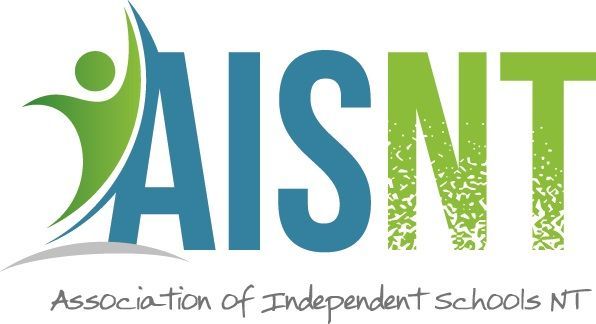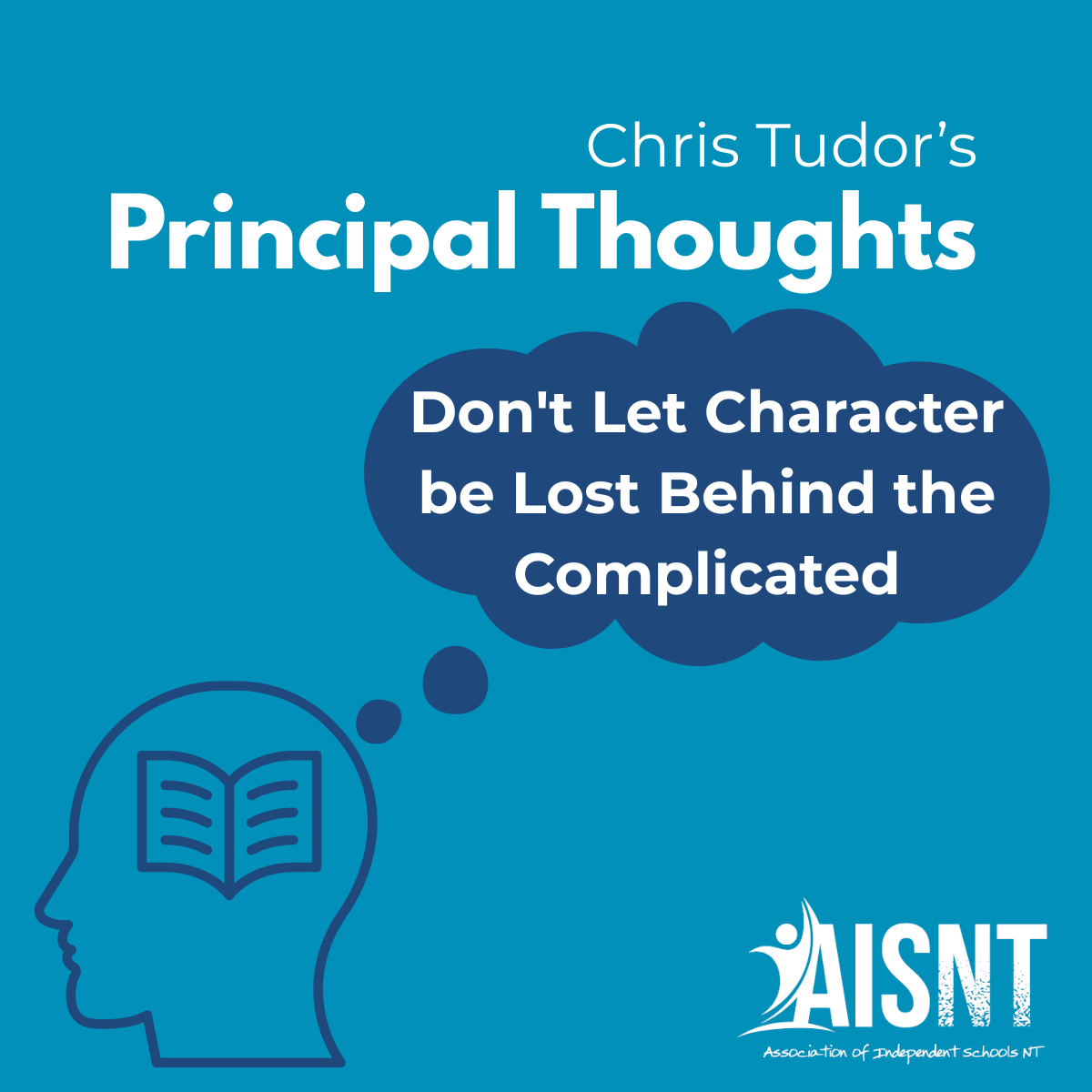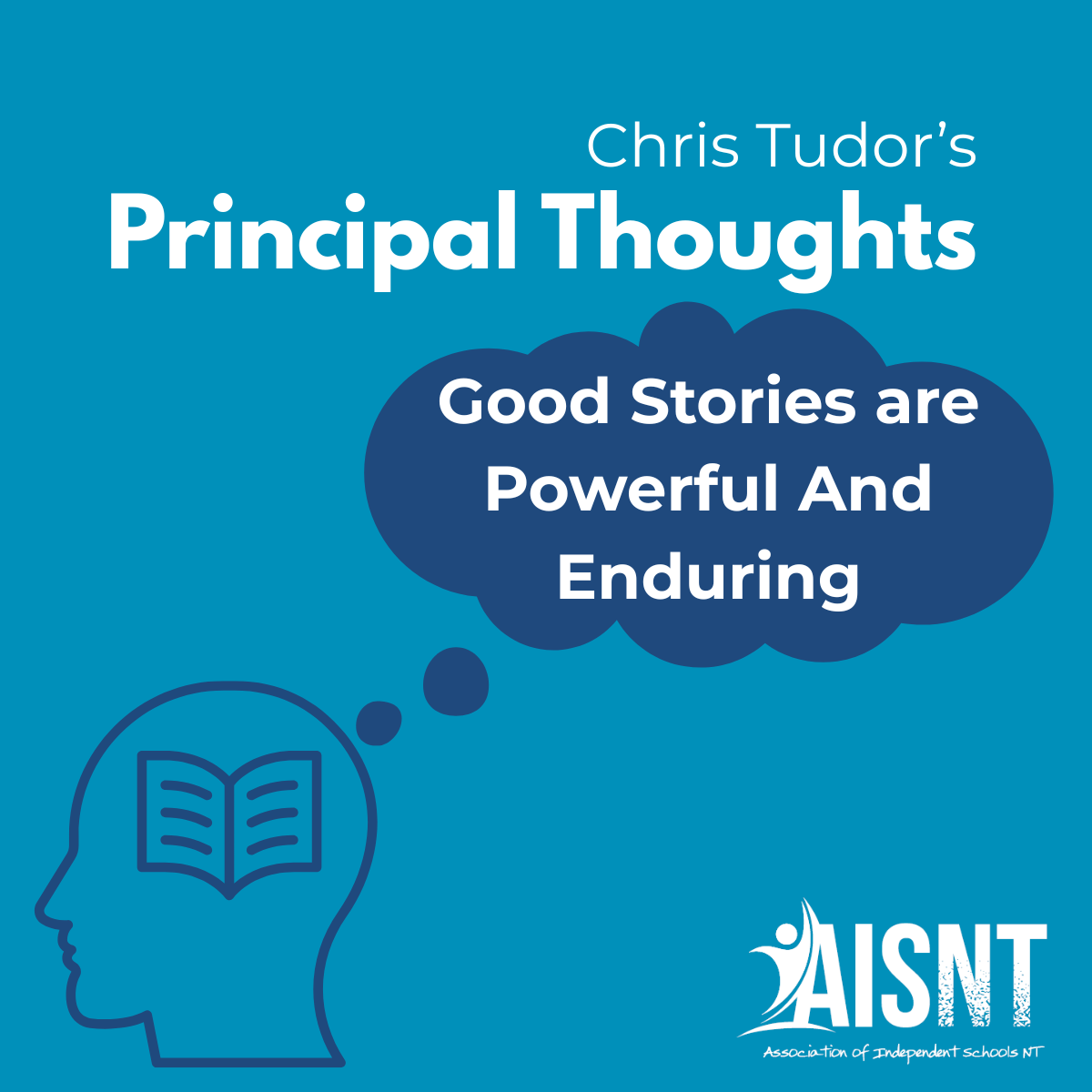DECISIONS, DECISIONS and MORE DECISIONS.
Decisions, Decisions and more Decisions is the lot of a responsible leader and therefore the lot of a School Principal. However even a Principal’s most mundane decisions should be made in the context of the vision that has been created for the school. This vision may have originated with the school’s board but normally the principal would have had a hand in developing it and even if this is not so, still must own it, engage with it, develop it and nurture it.
As President Woodrow Wilson said, “We grow by dreams. All big people are dreamers. Some of us let dreams die, but others nourish and protect them, nurse them through bad days…to the sunshine and light which always comes.” Decisions, regardless of what they are or how small they are, must be made within the context of the vision. If a Principal’s dreams have developed a vision which is different from that of the board the challenge will be to convince the board of the beauty of their vision, so the board may adopt it or modify it - otherwise the Principal’s creation will have to be modified. The Principal and the board must operate in harmony.
In being custodian of a vision a Principal must enthuse and inspire staff with it, encourage them to become part of it so they make constructive suggestions and feel that they truely belong to the school and its vision. Ideally they must own it, respect it and value it.This process is exciting and it is powerful to see the staff work creatively within the context of the vision. Sadly there may be some destructive naysayers, or saboteurs and it is likely the school is not the place for them. We all have finite energy and if the destructive takes energy that exceeds being constructive, then the school will struggle to realise the vision. The destructive may be good teachers, but will often be unhappy and be better off in a place which is in harmony with them.
Decisions, decisions but beware of not being engaged when you as Principal are making the decision or are part of a decision. I recall, over fifty years ago, being a Duke of Edinburgh Award Scheme instructor on an expedition of year 11 students undertaking one of their award assessments. My job was to assess them. It was on the Victorian High Plains in alpine country and the afternoon was disappearing fast. My role was to wander along with the group, not to interfere but let them make all the decisions. Student leadership is the essence of this scheme. The group came to a fork in the track and a decision had to be made as to which direction to take. The students all looked at one another and said nothing. One of them, an intelligent, aspiring future politician whom I think was associated with the Young Liberals, took charge and with a voice of authority pointed to the track running in the south west direction rather than the one travelling due south. “This is the way we should go”, he exclaimed forcefully, and to a person, no one looked at a map, no one checked a compass and all submissively agreed. I have never forgotten that incident with the blank, resigned expressions on the students’ faces - it is deeply etched on my mind and has never faded. I knew the country well and was aware that this track would in the end wind down steeply, dropping 400metres to the river. At that time, in late afternoon, I had no desire to go through such pain so I compromised and forcefully suggested they look again at the map. The group had to travel to Kelly’s Hut, the southerly track and it was a journey of hardly a kilometre. This was a magnificent example of disengaged decision making. The outspoken boy seemed to have authority and know what he was doing, but the other boys were taken in as he really didn’t. Indeed, the truely authoritative voice is not always right - beware of it; it can be very damaging.
A “still small voice of calm” may hold the best answer. A Principal must be careful of a dominant voice when making decisions or when delegating decisions. Failing to do this may result in being “taken in” as well as the wrong decision being made. Even when the Principal has delegated a decision to someone else, interest in the final decision should still be maintained. Ultimately the Principal is responsible for the decisions made.
Decisions, Decisions and more Decisions! The Principal is paid to make wise, considered decisions avoiding those that are rash and irresponsible. I was in a national board meeting when a Principal excused himself from the assembled group. After the meeting, when he returned, he said he had gone to phone a fellow Principal to cancel a rugby match because he was afraid for the boys in his team who were much smaller and lighter and could easily be badly hurt by the other team. He had obviously been sitting in the meeting worried about this, had to make a hard, controversial decision and then act quickly. He was an excellent Principal who ended up leading three schools in his career. When a decision has to be made it must be made - procrastinating can be dangerous.
The Decision Balance. In my bedroom, at my farm, sits a gold balance. After all I am in gold field’s territory. The balance is relatively small as gold is heavy and even small amounts are very valuable today as they were in the Gold Rush days. On one side of the balance sits the issue, on the other sits the solution. The aim is to keep the balance level and not tip it with the decision which could result in a crisis in the school and, oh horrors, publicity in the community. To ensure the balance remains stable with this decision, it will require some wise thought, perhaps some wise advice, but it should be noted that the scale won’t operate effectively if it is loaded with procrastination. This is because other issues will be brought into play as a result. Procrastination causes uncertainty and can in fact be a real morale killer.
Of course the balance will be upset by a thoughtless, rash decision. This is to be avoided by Principals at all cost. A decision that is unfortunate but has arisen after careful consideration, is likely to occur occasionally but is excusable if it is not as a result of rashness. By the way, careful consideration does not lie in the same bag as procrastination which arises as a result of the failure to make a decision even after reasonable information is at hand.
Accurate listening is another skill often required in decision making. Not all Principals are good at listening, but I believe it is an essential skill as indeed is wise questioning. Failure to listen can result in the balance being completely tipped over!
Decisions, decisions, decisions - these are central to a Principal’s job. Often there is more than one possible decision which can be made. Some decisions may be better than others, however it is essential that a Principal does decide on one. Of course a Principal is lucky if no criticism appears but then receiving criticism is part of the job and fear of this should not produce inaction. Getting decisions right may be seen as an exciting creative challenge for a Principal, rather than a burden.
Chris Tudor
AISNT Historian & Principal Liaison



